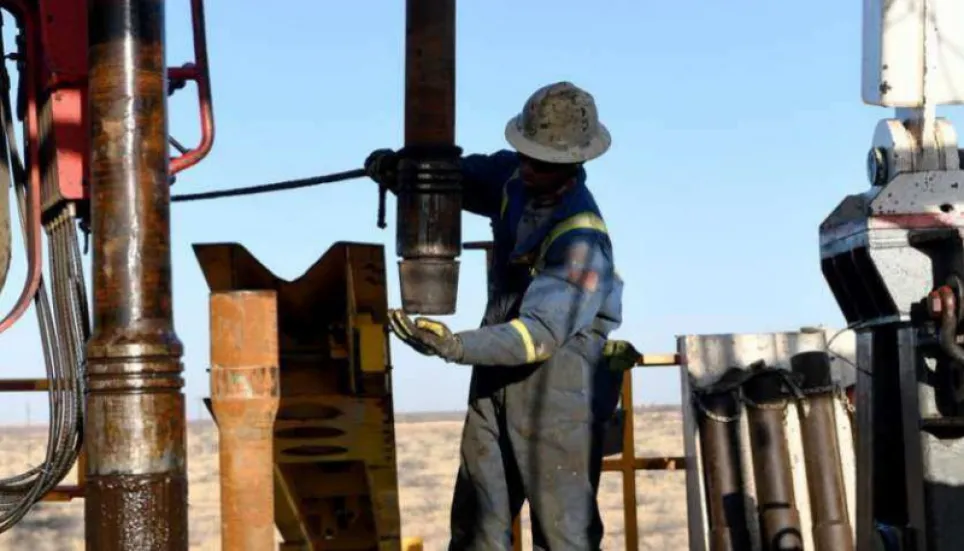
Oil prices edged higher on Wednesday as investors looked for bargains following the previous day's plunge, but gains were capped as pandemic lockdowns in Europe and a build in US crude stocks curbed risk appetite and raised oversupply fears.
Brent crude futures rose 27 cents, or 0.4%, to $61.06 a barrel by 0108 GMT, after tumbling 5.9% and hitting a low of $60.50 the previous day.
West Texas Intermediate (WTI) crude futures climbed 19 cents, or 0.3%, to $57.95 a barrel, having lost 6.2% and touched a low of $57.32 on Tuesday.
Both benchmarks touched their lowest levels since early February on Tuesday and have now fallen more than 14% from their recent highs earlier this month.
The front-month spread for both Brent and WTI slipped into contango, where front-month contracts are lower than the later months, a sign that demand for prompt crude is declining.
"Investors adjusted positions from Tuesday's sharp selloff," said Kazuhiko Saito, chief analyst at commodities broker Fujitomi Co.
"But the market sentiment remained bearish due to growing concerns about demand recovery in the wake of new pandemic curbs in Europe," he said.
Germany, Europe's biggest oil consumer, extended its lockdown to April 18, and Chancellor Angela Merkel urged citizens to stay at home for five days over the Easter holiday.
Worries over the pace of the recovery from the pandemic were also heightened after a US health agency said the AstraZeneca Plc vaccine developed with Oxford University may have included outdated information in its data.
Adding to pressure, US crude oil stocks jumped by 2.9 million barrels in the week to March 19, against analysts' expectations in a Reuters' poll for a decline of about 300,000 barrels, according to trading sources citing data from industry group the American Petroleum Institute.
But gasoline stocks fell by 3.7 million barrels, compared with expectations for a build of 1.2 million barrels. [EIA/S]
Human rights sanctions on China imposed by the United States, Europe and Britain, which prompted retaliatory sanctions from Beijing, also added to market concerns.
(US News)